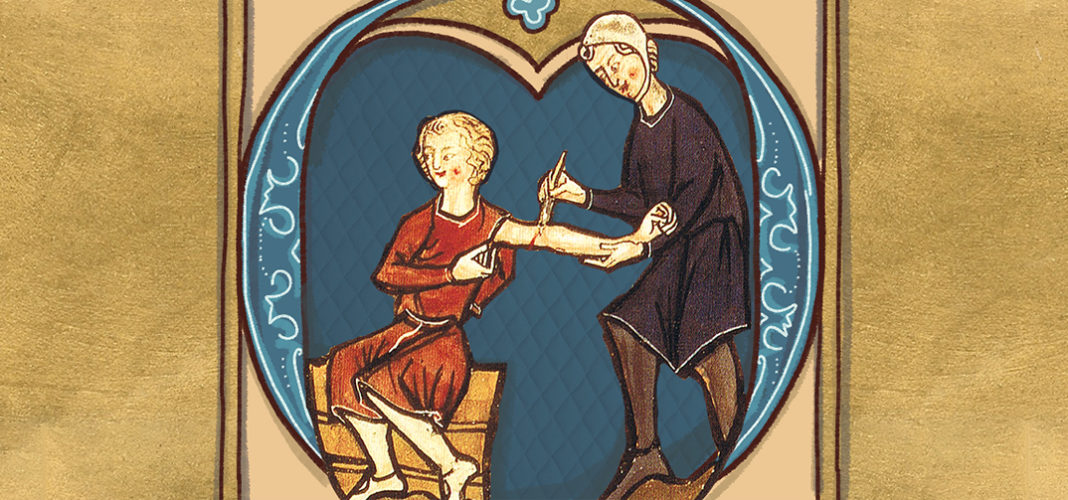“I don’t care if she’s nice. I just care that she’s the best.” My patient’s internist was retiring and he was eager to find a new one. Like most people, he relied on credentials and reputation to assess expertise. “Where did she go to medical school?,” he asked. “Is she on New York Magazine’s Best Doctors list?” How caring or warm she is didn’t factor into his analysis. He believed that competence, not kindness, mattered most.
Research from Stanford University suggests otherwise. Volunteers in a study were pricked on their forearm with histamine which acts like a mosquito bite, causing the skin to become red and itchy. The volunteers were then briefly examined by a friendly doctor who offered a few words of encouragement or a silent type who assessed the reaction but did not offer any reassurance. The volunteers who had a warm interaction not only reported less itchiness, they also said their symptoms resolved more rapidly than those who were seen by the “strictly business” physician. If interactions don’t matter, then both sets of patients would have been expected to report similar experiences.
What this study shows us is that the doctor-patient relationship matters more than you might think. Knowing your doctor cares about you can affect your experience and health outcomes. A doctor who calls you by name, who looks you in the eye, who smiles and chats, and who expresses genuine concern for your wellbeing can help you heal. A doctor who rolls his eyes at your complaints or tells you “you’re fine” when you’re not feeling fine is actually bad for your health.
As one of the researchers concluded:
We often think the only parts of medical care that really matter are the “active” ingredients of medicine: the diagnosis, prognosis and treatment. But focusing only on these ingredients leaves important components of care underappreciated and underutilized. To really help people flourish, health care works better when it includes caring.
I wish you all the best,
Dr. Samantha Boardman






